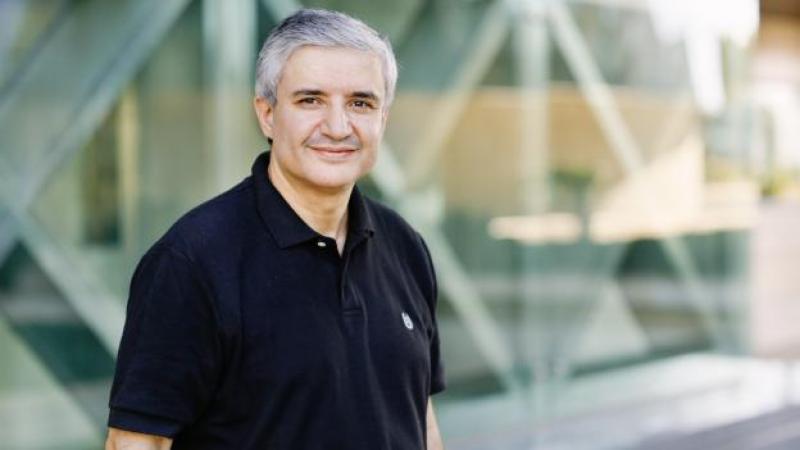Abstract
Reconfigurable intelligent surfaces (RISs) have been studied extensively to improve communication rate and coverage. They are also an important technology in radio localization, as RISs provide both location references and adaptive measurements. In turn, they can both boost and enable localization. Enabling localization where it would otherwise be impossible is an attractive prospect. In this talk, we will discuss several minimal scenarios (in the sens of minimal infrastructure) for localization and simultaneous localization and mapping (SLAM) when RIS play a crucial role. Practical methods, performance bounds, and RIS configuration design will be discussed.
Brief Biography
Henk Wymeersch obtained the Ph.D. degree in Electrical Engineering/Applied Sciences in 2005 from Ghent University, Belgium. He is currently a Professor of Communication Systems with the Department of Electrical Engineering at Chalmers University of Technology, Sweden. He is also a Distinguished Research Associate with Eindhoven University of Technology. Prior to joining Chalmers, he was a postdoctoral researcher from 2005 until 2009 with the Laboratory for Information and Decision Systems at the Massachusetts Institute of Technology. Prof. Wymeersch served as Associate Editor for IEEE Communication Letters (2009-2013), IEEE Transactions on Wireless Communications (since 2013), and IEEE Transactions on Communications (2016-2018). During 2019-2021, he was an IEEE Distinguished Lecturer with the Vehicular Technology Society. His current research interests include the convergence of communication and sensing, in a 5G and Beyond 5G context.

